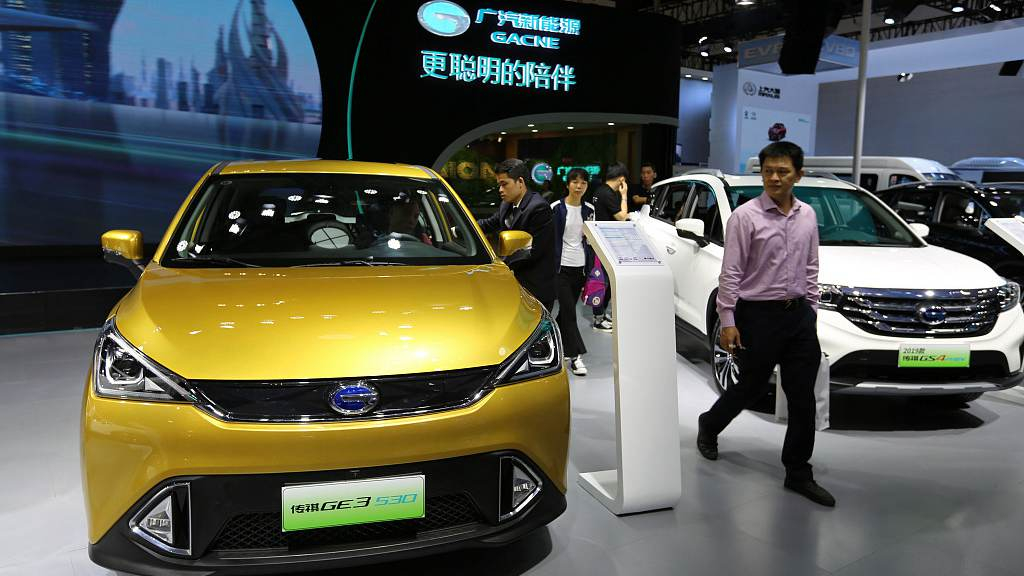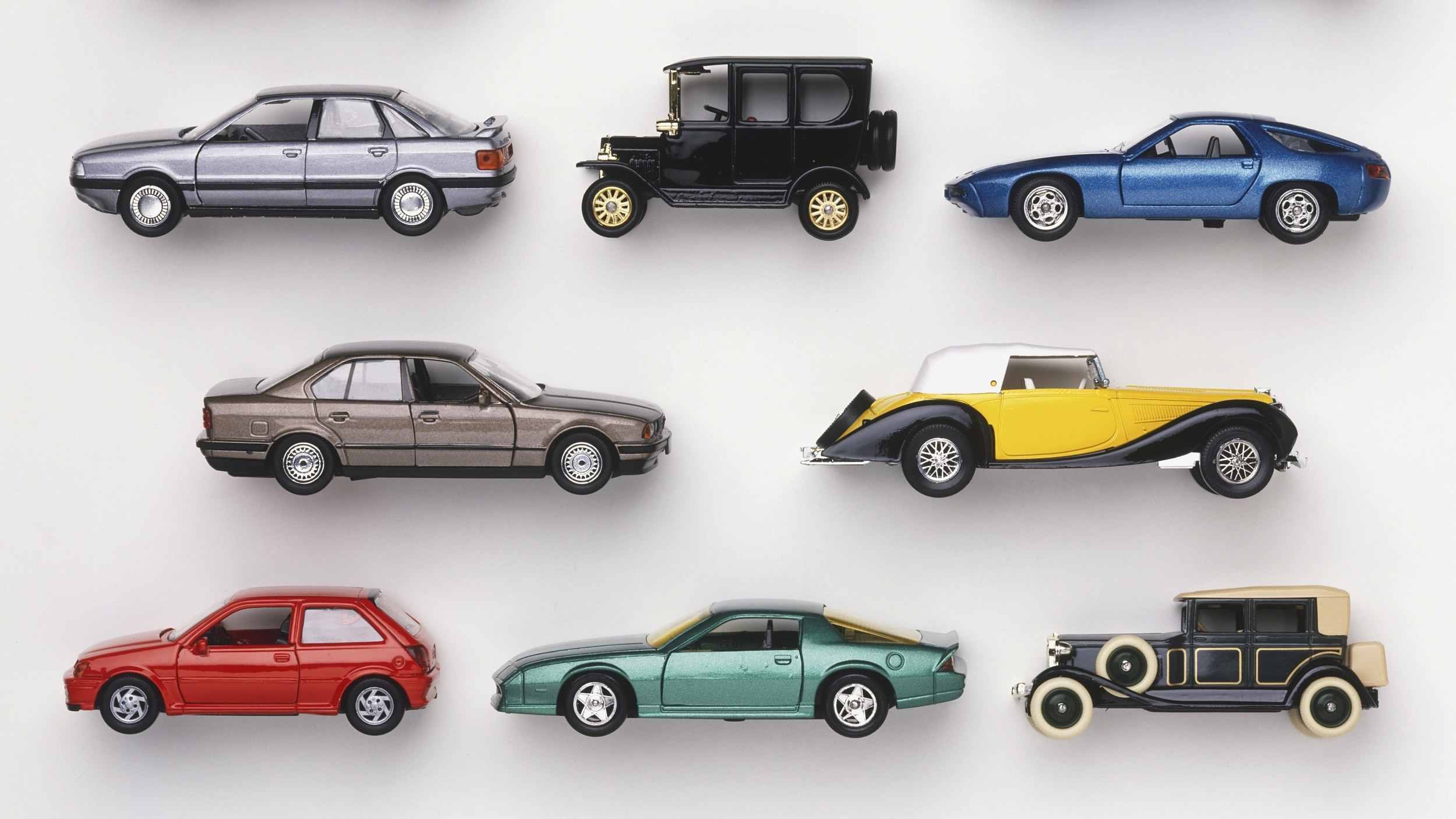
Domestic
12:51, 27-Feb-2019
Listen to China: Behind slowdown in China's auto industry
Updated
15:11, 01-Mar-2019
By CGTN’s Du Zhongyan

Listen to China: Behind slowdown in China's auto industry.
00:00
China auto tariff cuts promote domestic auto sector transformation
China's finance ministry announced on Tuesday that it has cut tariffs on foreign vehicles since the further opening up of the country. As such, China's auto industry is undergoing a transformation.
Foreign carmakers are among the main beneficiaries of the tariff cuts as China has the world's largest auto market, with sales rising to about 24 million in 2017. A potentially huge demand for foreign cars by Chinese consumers could boost the job markets and workers' incomes in those countries.
"From a global perspective, the tariff reduction will have a direct and positive impact on overseas car exporters. The policy shift will also help promote economic growth and lower unemployment rate on a global scale," said Liu Shangxi, the director of the Chinese Academy of Fiscal Sciences.

VCG Photo
VCG Photo
Despite its explosive growth in the past decade, however, China's auto industry is facing daunting challenges, including accelerating restructuring and innovation. The global auto sector is undergoing a transformation that's marked by close integration with a fresh generation of IT technology, new materials and green energy.
"Competition will become fiercer because of the tariff cuts. Under such circumstances, it can actually achieve a catfish effect, where our domestic automakers, including domestic car brands, will accelerate their pace of restructuring and upgrading. And as such, it will promote supply-side reforms in the auto sector," Liu added.
Better yet, lower import duties mean lower VATs and consumption taxes. Chinese consumers are expecting that the tariff cuts can push down car prices, but analysts say a car's retail price depends on a variety of factors, including manufacturers' suggested retail price and market dynamics.

SITEMAP
Copyright © 2018 CGTN. Beijing ICP prepared NO.16065310-3
Copyright © 2018 CGTN. Beijing ICP prepared NO.16065310-3